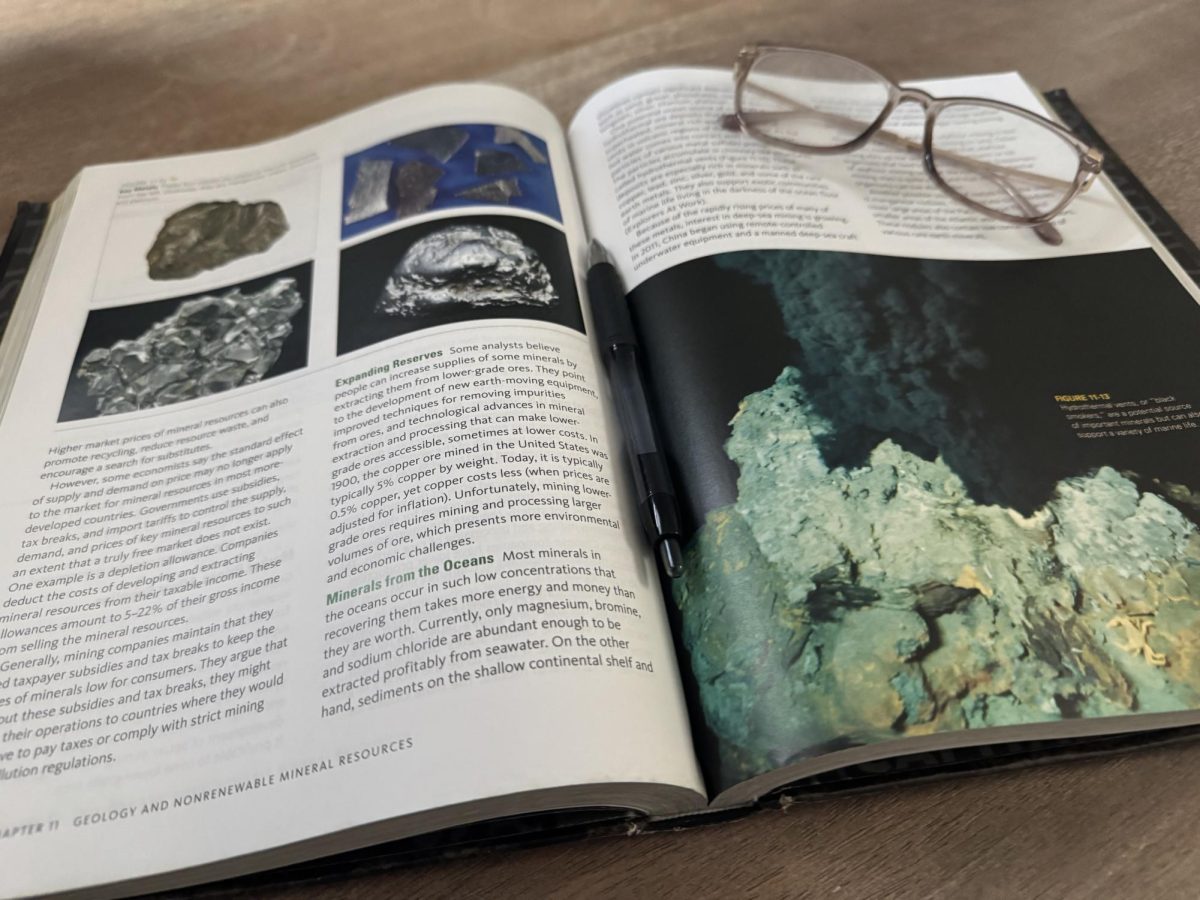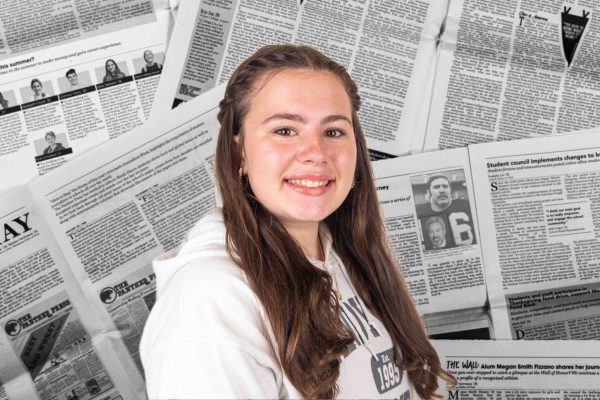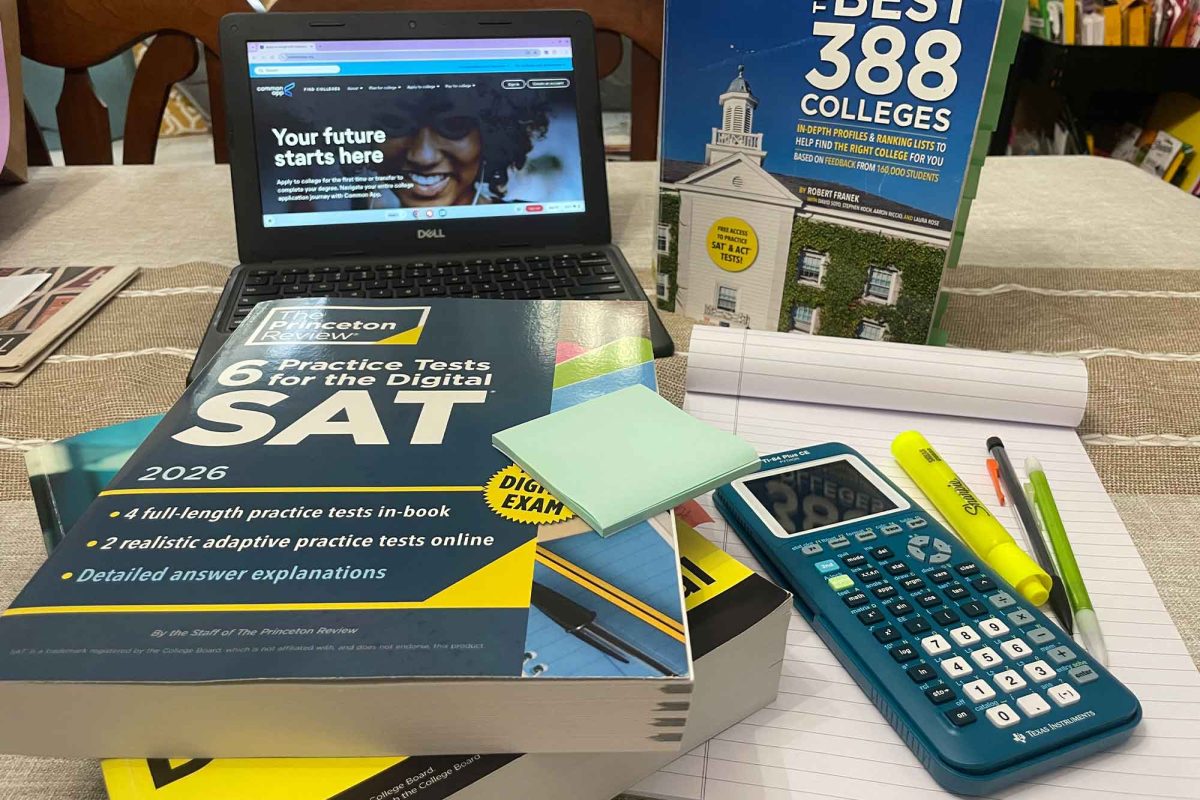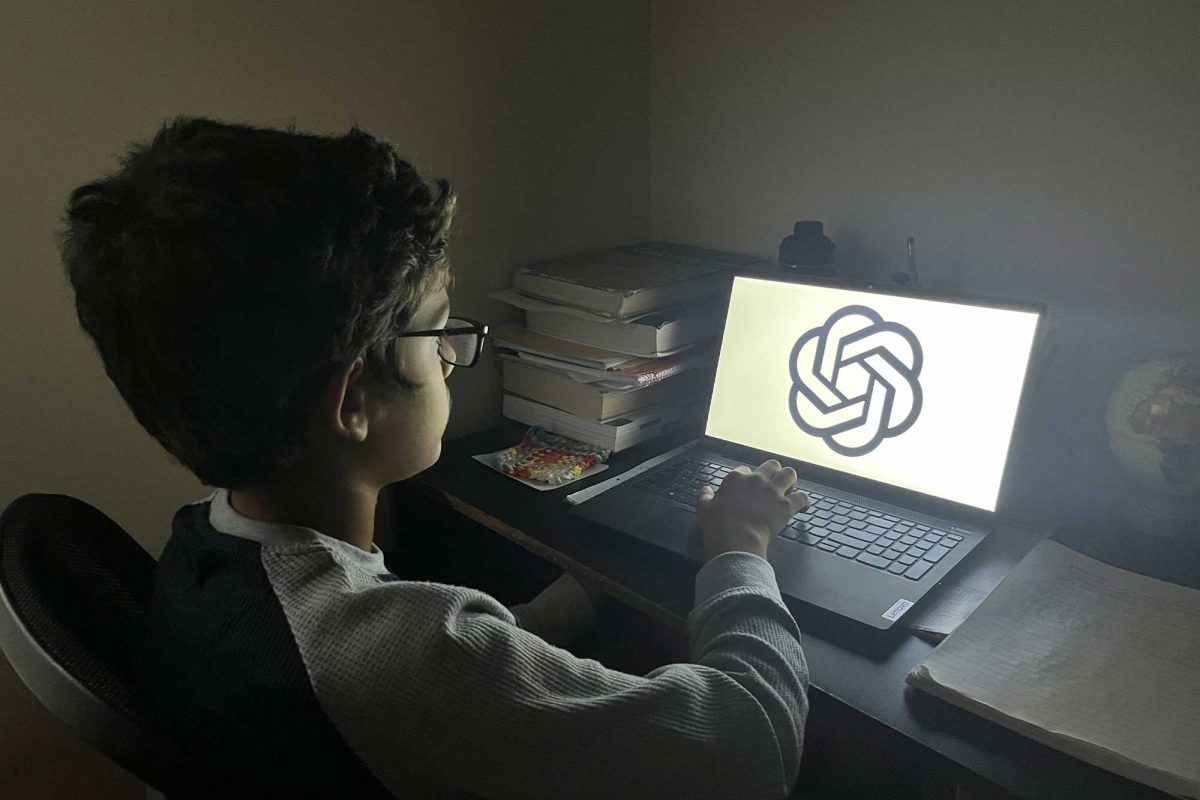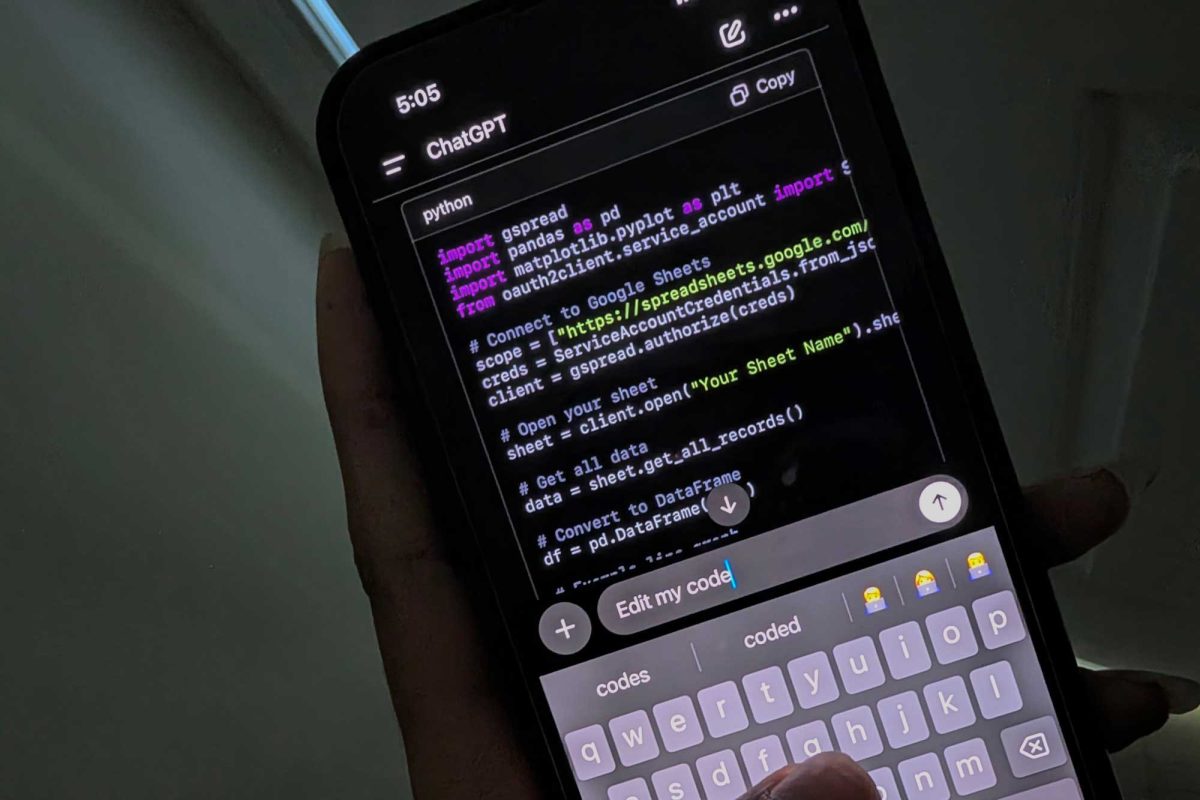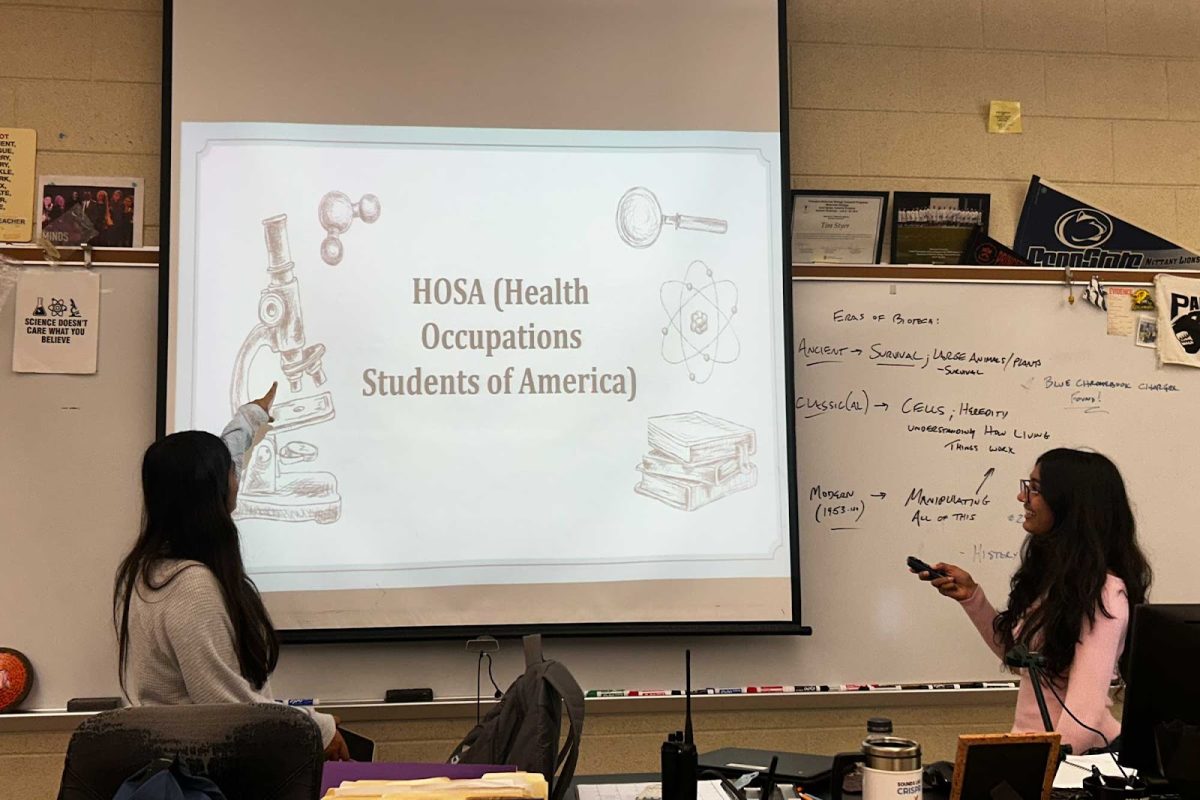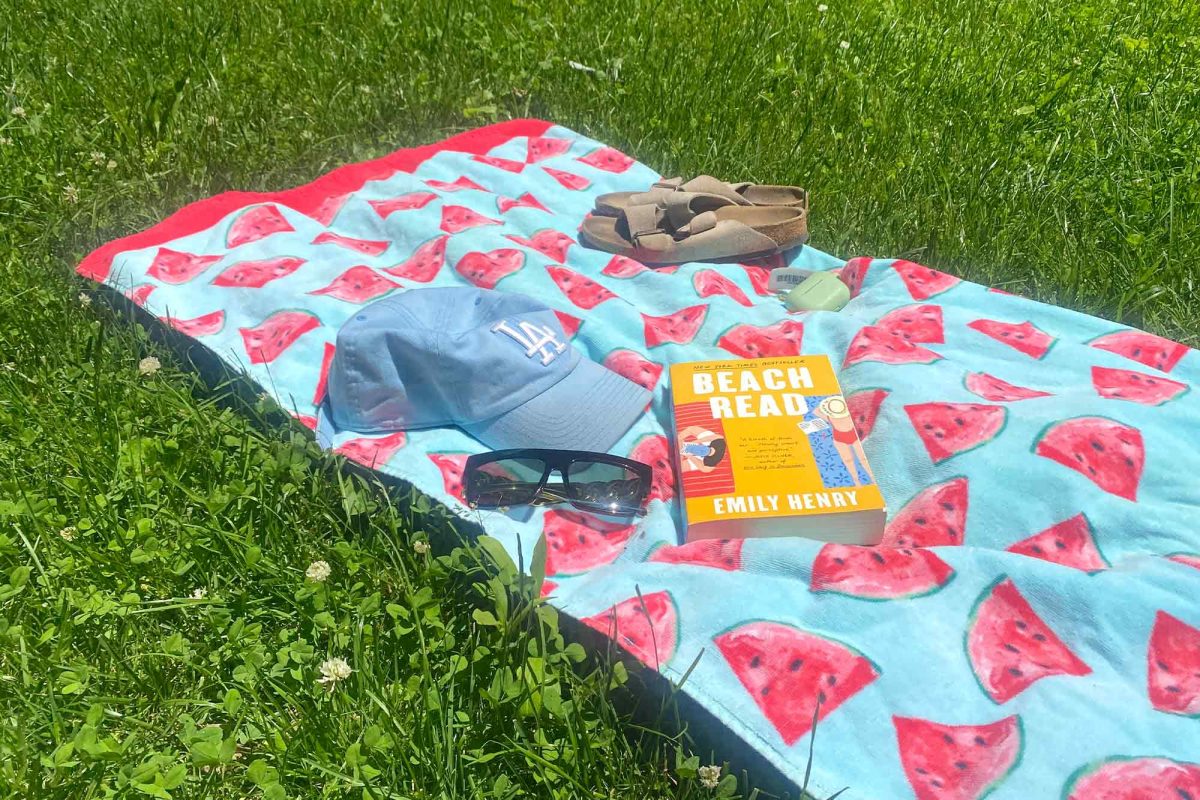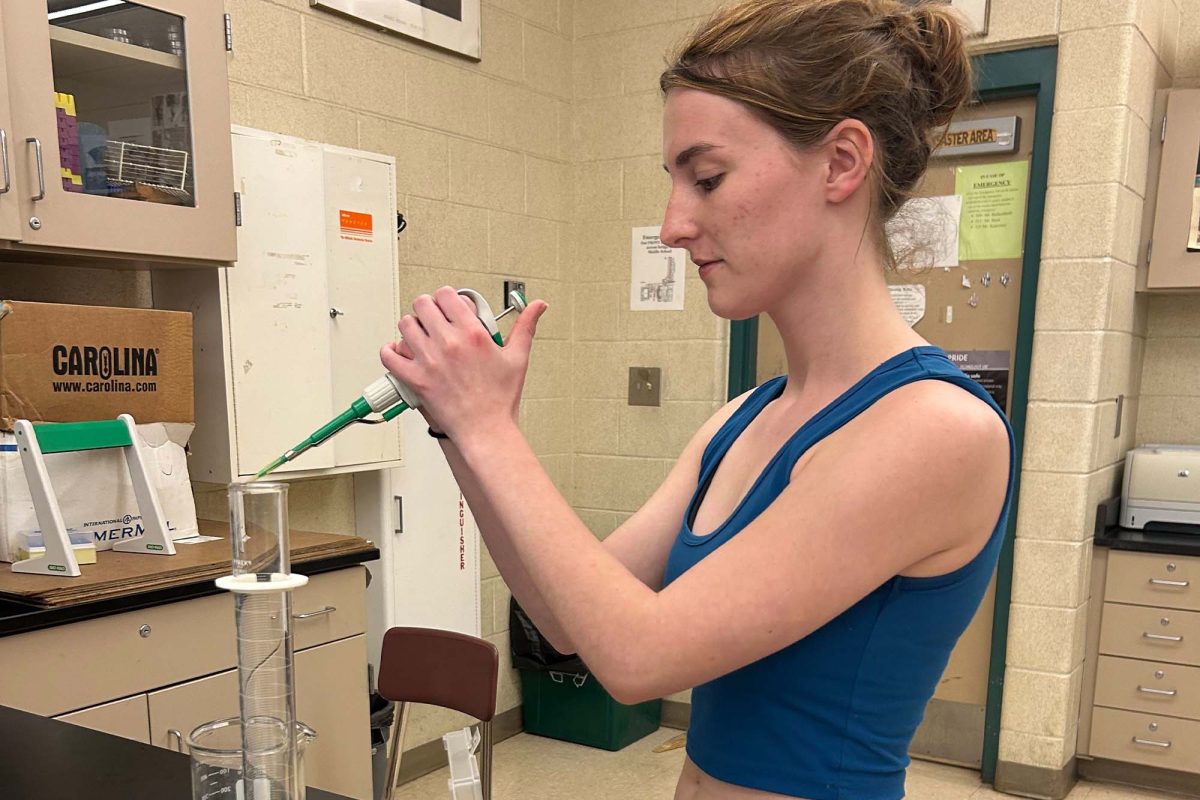Adequate studying is essential to having success in the classroom. However, research tells us that not all study methods are like the others. So, what do our students think works best for them?
At Strath Haven, social studies teacher Mrs. Amanda Lawson teaches AP Psychology and includes good study habits as part of the curriculum. According to Lawson, it isn’t always effective to cram all of your studying in the night before a test but rather to spread studying across many sessions.
“It’s called the Spacing Effect, and essentially you need to space out your studying,” Lawson said. “If you have a test on Thursday, you don’t want to study for all of it on Wednesday. It’s better to study a little bit each night leading up to it, as it shows a much higher rate of success.”
In an article about spaced practices, researchers and psychologists at the University of California San Diego state that research on Spacing Effects and similar methods has been taking place for “over a century,” and that hundreds of studies have come out with the same conclusion – spacing works.
The Spacing Method is practiced by many students, including senior and University of Delaware rowing commit, Emily Reilly. She took Lawson’s AP Psychology class in her junior year and has to ensure she studies efficiently to keep up with her busy schedule.
“Before an important test I usually stay up until 10:30 [p.m.] and then call it,” Reilly said. “I space out my studying and do a lot in the week leading up to it, so I don’t have to do a ton the night before.”
Lawson also teaches many other study methods in her class, including the benefits of methods like color coding and the specific structuring of notes. These methods utilize a type of memory processing called automatic encoding.
“We’re constantly encoding the way things look without realizing it. When you study, sometimes what accidentally pops into your brain is like what your notebook looks like,” Lawson said.
Many students seem to struggle with finding effective ways to study, given time constraints. Haven is known to be a competitive school, and many of our students are constantly juggling many time-consuming activities.
“I think you need to put studying first. When you get home from school, that should be what you do immediately,” freshman Asha Miller said.
As the school year progresses, many freshmen, such as Miller, can start to see their workloads piling up beyond what they have experienced in middle school.
“It’s definitely a little harder to manage,” Miller said.
Other students have struggled in their first year of high school to adjust to the shift in work load.
“I used to cram all my studying in the night before a test,” Reilly said. “But learning to space it out has taught me to retain more information while letting me get a good night’s sleep.”



